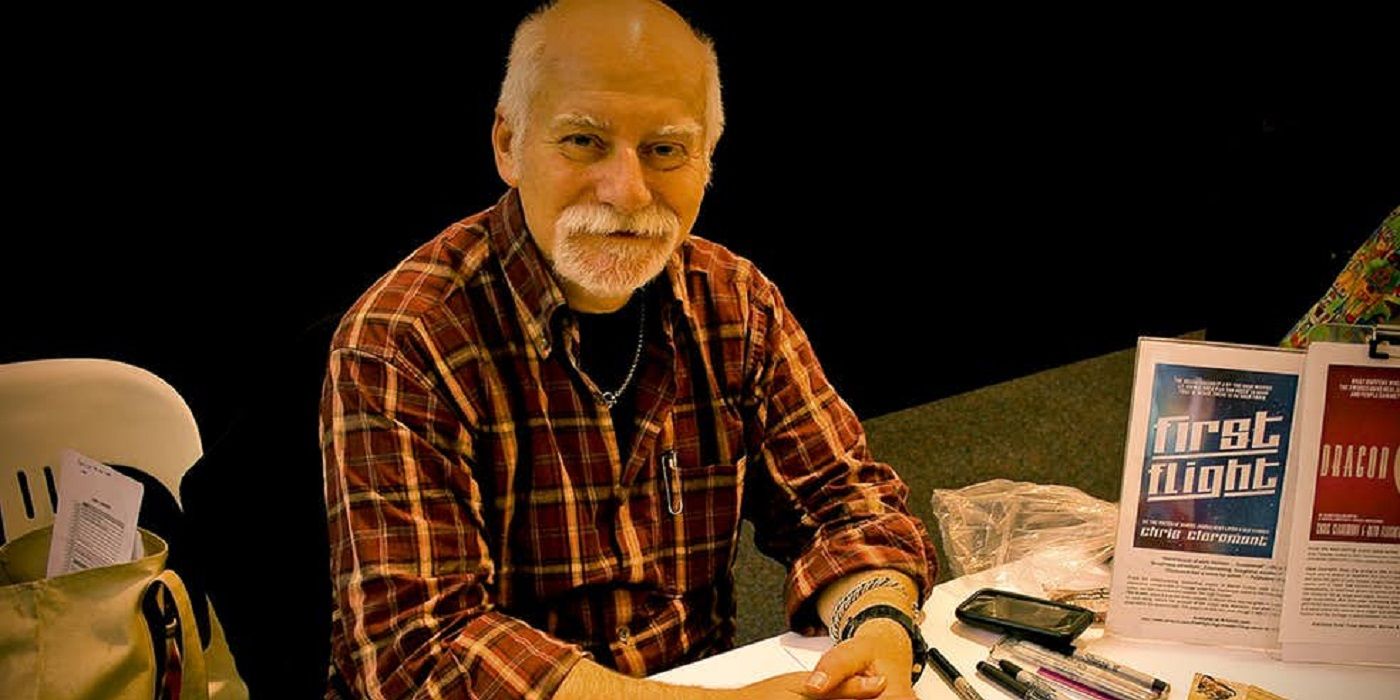
Claremont makes no use of classic continuity, and there's really no continuity between these groups. So the X-Men fight the Warclan, then the Shockwave Riders, then the Lost Souls, then the Goth, then the Crimson Pirates, then the Twisted Sisters.

And "new group" is the key phrase here, because there are apparently an infinite number of them, all popping up now for no particular reason. He concentrates what would be the first half of his run ( X-Men #100-106, UXM #381-385) entirely on a new group of foes called the Neo, who are mutants from a different race or something. Other than that he takes away Psylocke's TP and Jean Gray's TK, or something like that.īut then, when Claremont gets into the main comic itself, it's. He of course set up his new teams, and his inclusion of new member Thunderbird was almost interesting - except for Claremont's use of a native American name for someone from the Indian subcontinent, as if he couldn't differentiate the two. The Revolution began with a nine-month gap, and quite simply, Claremont did nothing interesting with that time jump. Claremont's work on X-Men and Uncanny X-Men unfortunately turned out to be. The "Revolution" encompassed all of the X-titles and is today most notable for Warren Ellis' "Counter X" work on X-Man, X-Force, and Generation X. Bringing in Alan Davis in 1999 could have reversed its fortunes, but his crossover-laden run never caught fire, so in 2000, Marvel went back to the source: Chris Claremont himself. Though the comic had a few hits in the decade that followed, most notably X-Men: Age of Apocalypse Omnibus, in general this period dominated by Scott Lobdell was the franchise's weakest since the '60s. Claremont, the creator of the team's success, had been forced out due to Marvel's obsession with artists over writers. Claremont was also a contributor to the Wild Cards anthology series. In the 1980s, he also wrote a science fiction trilogy about female starship pilot Nicole Shea, consisting of First Flight (1987), Grounded! (1991), and Sundowner (1994).

This trilogy continues the story of Elora Danan from the movie Willow.

Outside of comics, Claremont co-wrote the Chronicles of the Shadow War trilogy, Shadow Moon (1995), Shadow Dawn (1996), and Shadow Star (1999), with George Lucas. He also wrote a few issues of the series WildC.A.T.s (volume 1, issues #10-13) at Image Comics, which introduced his creator-owned character, Huntsman. Chris Claremont is a writer of American comic books, best known for his 16-year (1975-1991) stint on Uncanny X-Men, during which the series became one of the comic book industry's most successful properties.Ĭlaremont has written many stories for other publishers including the Star Trek Debt of Honor graphic novel, his creator-owned Sovereign Seven for DC Comics and Aliens vs Predator for Dark Horse Comics.


 0 kommentar(er)
0 kommentar(er)
